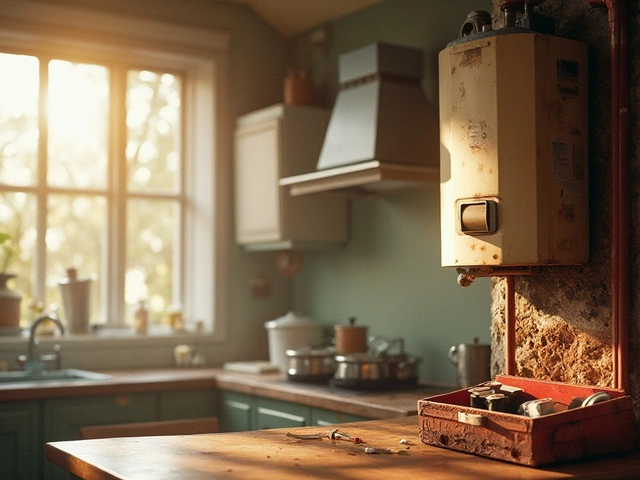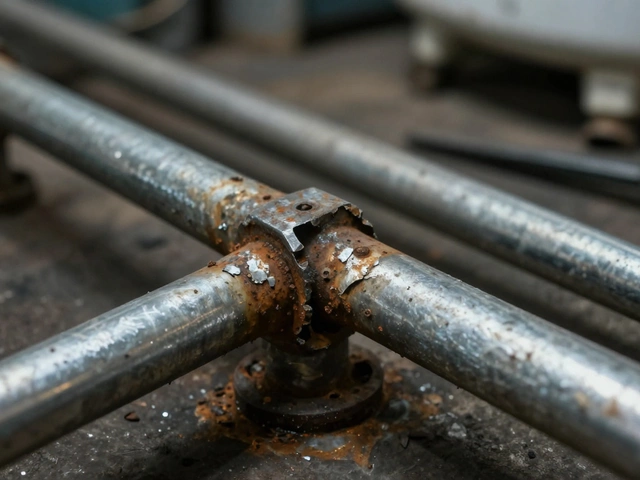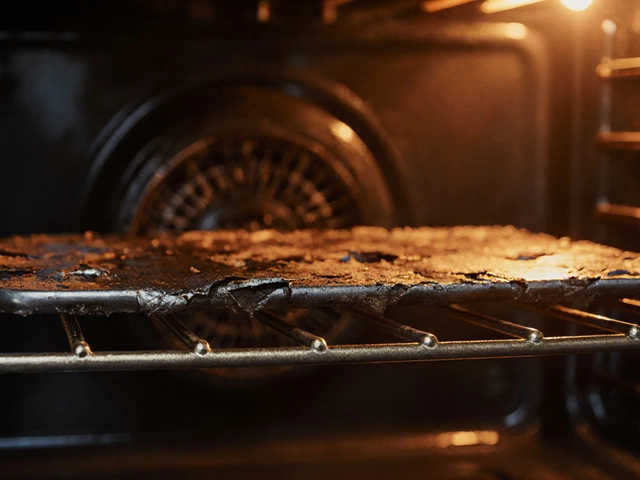Troubleshooting Your Electric Hob: Common Fixes
November 22 2024Appliance Fixing: Quick Tips & When to Call a Pro
Got a noisy oven, a leaking water heater, or a fan that just won’t turn on? You’re not alone. Most households face at least one appliance that quits mid‑task each year. The good news? Many problems are easy to spot and fix with a few tools and a bit of patience. The rest need a qualified gas engineer – especially when gas, electricity, or safety is involved.
Common Issues You Can Fix Yourself
1. Dirty extractor fans. Grease builds up fast in kitchen and bathroom fans. Turn the fan off, remove the grille, and soak it in warm, soapy water for 10‑15 minutes. Rinse, dry, and slip it back. You’ll hear the motor breathe easier and notice less noise.
2. Tripped breakers on water heaters. If your heater isn’t heating, check the consumer unit first. Flip the breaker off, wait a few seconds, then flip it back on. If the heater still won’t fire, the thermostat or heating element may be at fault – that’s a job for a professional.
3. Oven not heating. First, make sure the oven is set to the right mode ( bake vs grill). If it still stays cool, look inside the oven cavity for a broken heating element – it’s usually a metal tube with visible cracks. Replacing it is a simple DIY task if you’re comfortable handling electricity; otherwise, call an engineer.
4. Leaking fridge water lines. Most modern fridges have a drain pan underneath. Pull the fridge out, locate the pan, and check for cracks. A clean, properly seated pan often stops the leak. If water keeps collecting, the defrost drain may be clogged – a thin pipe cleaner can do the trick.
5. Noisy washing machine. Unbalanced loads cause banging. Run the machine empty on a spin cycle to see if the drum spins freely. Tighten any loose bolts you find. If the noise persists, the shock absorbers might be worn out and need replacement.
When to Call a Certified Engineer
Anything that involves gas, high‑voltage electricity, or sealed system components should be left to a certified professional. In Bedford, our team of Gas Safe registered engineers can safely handle:
- Boiler breakdowns or noisy boilers – a faulty heat exchanger can be dangerous.
- Gas cooker or stove repairs – leaks or faulty ignition require specialist tools.
- Central heating system faults – pressure problems, pump failures, and radiator leaks need proper diagnosis.
- Water heater replacement – choosing the right size and ensuring correct venting is essential.
Even if you’ve tried the simple fixes above, a persisting problem often signals a deeper issue. Ignoring it can raise your energy bills, cause water damage, or even create a safety hazard. A quick call to a local Bedford engineer can save you time, money, and stress.Our service includes a thorough inspection, clear advice on repair vs replacement, and transparent pricing. We’ll explain what’s wrong in plain language, so you know exactly what’s being done.
Bottom line: start with the easy checks – clean fans, reset breakers, and tighten bolts. If the problem stays or involves gas, electricity, or sealed systems, schedule a visit from our certified team. With the right approach, your appliances will be back in action without hassle.
Ready to get your home running smoothly? Contact Bedford Gas Appliance Repair Services today and let our experts handle the tough jobs while you enjoy peace of mind.
 4 Apr
4 Apr
Is It Worth Repairing a Cooker? Uncovering the Real Deal
Deciding whether to repair or replace a faulty cooker can be a tricky call. This article explores the factors to consider in making this decision, such as the age of the appliance, repair costs, and efficiency improvements. Learn about the signs your cooker needs attention and tips for cost-effective repairs. Delve into the particulars and ponder if hiring a professional technician or DIY fix is the better route. This guide will help you evaluate the best course of action to keep your kitchen running smoothly.
Read More...



